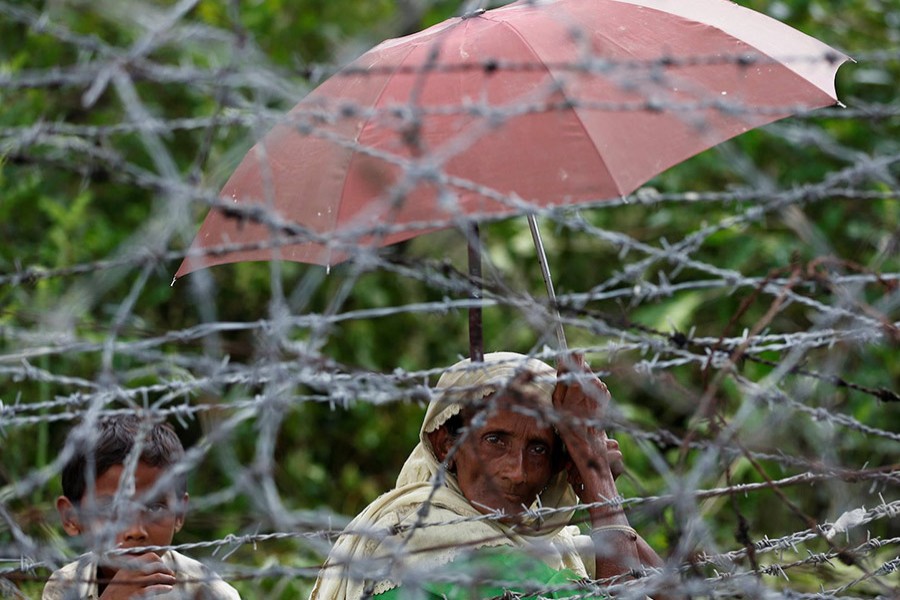The prestigious medical journal, The Lancet, has urged the UN Security Council (UNSC) to investigate the 'apparent' crimes being committed against humanity in the Rakhine state of Myanmar, impose appropriate sanctions against military forces involved and invoke their considerable resources to protect the Rohingya before these people are 'destroyed'.
In an editorial, headlined, 'our responsibility to protect the Rohingya' and published in its latest issue, The Lancet said the horrific images and accounts of destruction and desolation are almost unbearable. "But that acts of such atrocity could be afflicted on fellow human beings is not something we can took away from,' it said.
The journal has questioned the efforts that are being made to send back the Rohingyas to Myanmar under the prevailing circumstances.
'There is a new agreement to repatriate the Rohingya to Myanmar, but why expect these people to return to a land of persecution and violence? There is no assurance that the Rohingya would be given safety, dignity, and freedom. In fact, there is now indisputable evidence that the Rohingya's lives and mere existence are at risk.'
'Much has been made of the Rohingya being stateless. But how they are being treated is utterly heartless. The almost 1 million Rohingya Muslims displaced from Myanmar's Rakhine State to Bangladesh are housed in squalid camps quickly becoming reservoirs of disease and despair. A new outbreak of diphtheria comes on the heels of cholera and measles outbreaks. Insufficient food, shelter, health care, and hope add to the almost unimaginable suffering of these most disenfranchised refugees,' The Lancet said.


